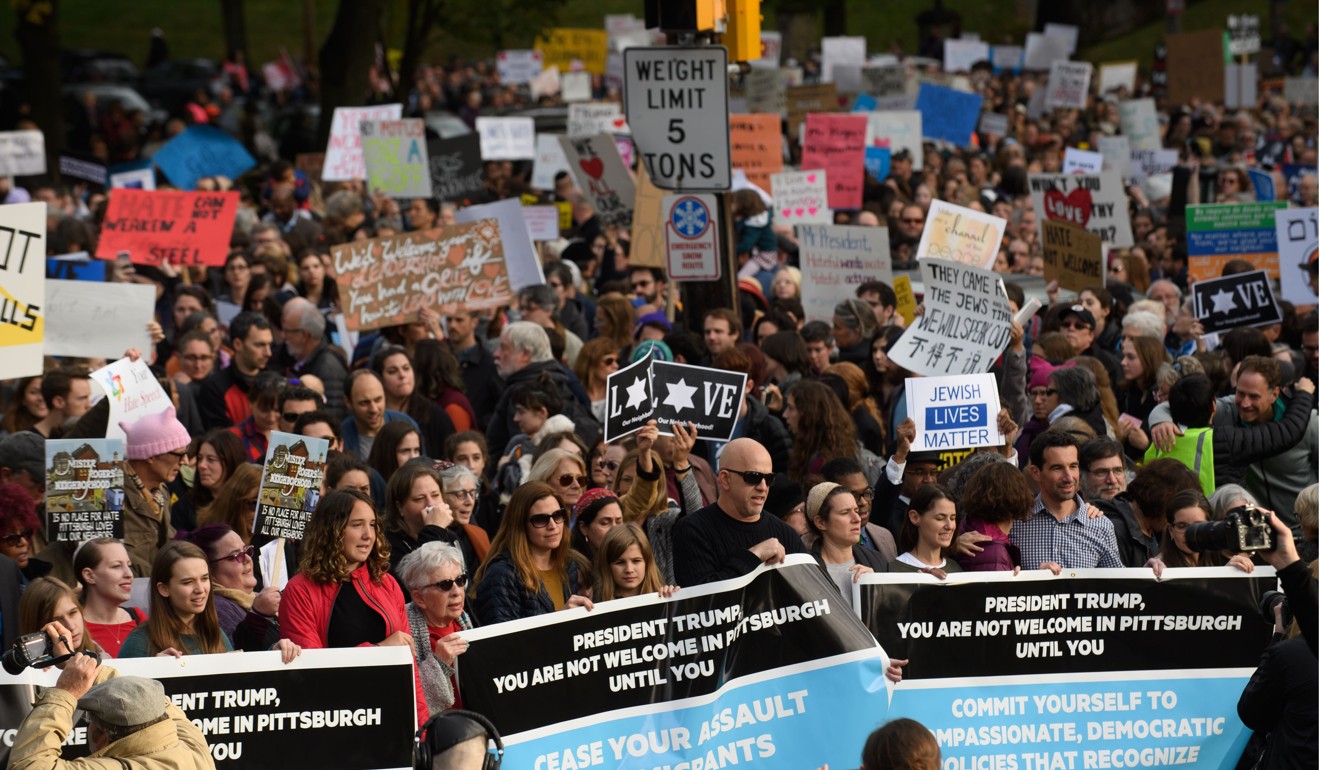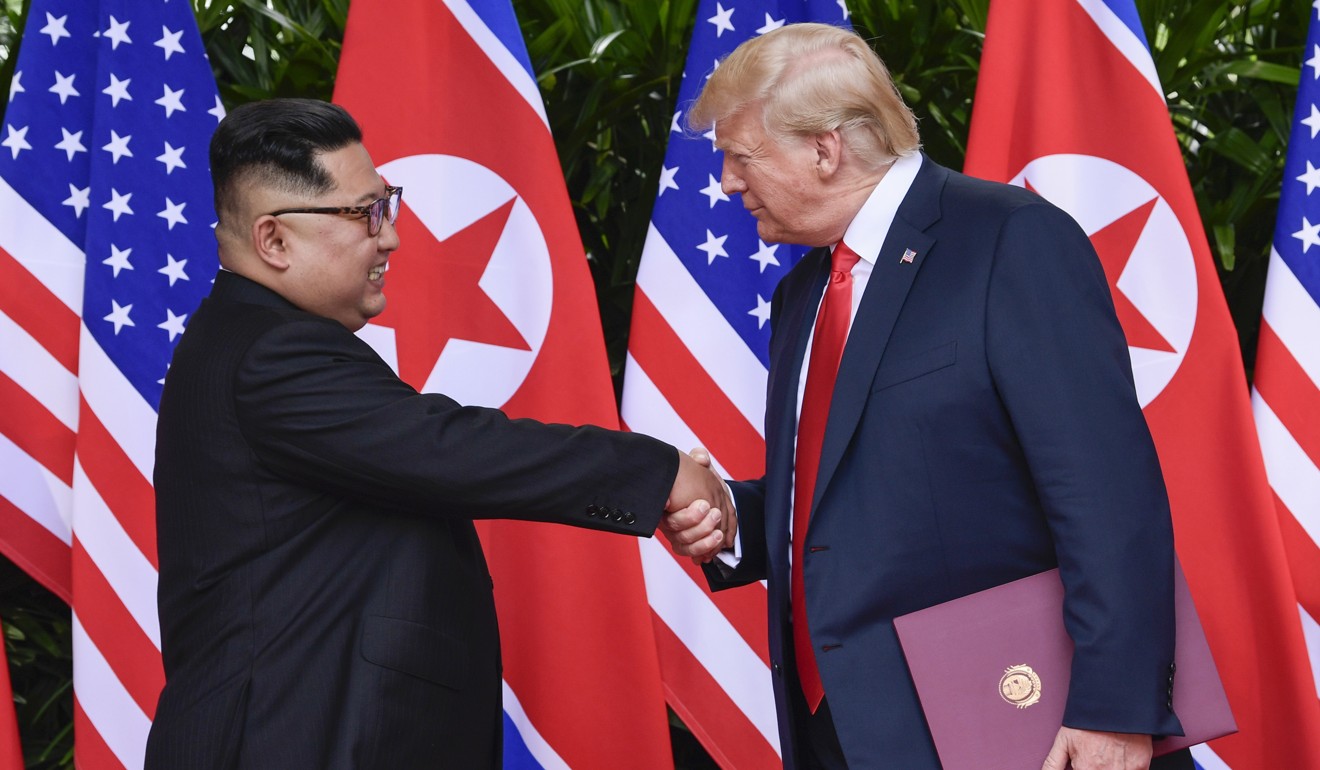
The US midterm elections will not only shake up Trump’s backyard but also have implications for Asia
- John Kotch says the outcome of the elections will determine whether Trump’s ‘America first’ foreign policy and trade war will continue unabated
On November 6, Americans will vote for a new Congress – all 435 members of the House of Representatives and roughly one-third or 35 senators. In addition, 36 governorships and most state legislatures will be up for grabs under the two-tier US federal/state political system. Overshadowing all these races will be US President Donald Trump, albeit in name only – he’s not even on the ballot.
In reality, midterm elections derive their importance as the first opportunity for the electorate to pass judgment on the president elected two years ago as well as act as a bridge between the preceding and upcoming presidential election two years hence in 2020. Like a midterm exam to measure how well students are absorbing course material, they measure voter satisfaction with the incumbent, a referendum of sorts on his performance to date.
However, having failed to predict a Trump upset in 2016, few if any commentators are prognosticating this time around, other than to note that Democrats are more likely than not to take control of the House while the Senate is more likely to remain in Republican hands. This is typical of the midterms, in which the president’s party loses seats in the House, especially when his poll numbers are as low as they are now, albeit in line with recent presidents, including Barack Obama in 2014 and George W. Bush in 2006.
The big question in 2018 is whether Democrats can wrest control of the House from Republicans in a so-called blue wave, aiming for a double-digit margin to overcome a current 23-seat deficit. Polling to date gives them a better-than-even chance of doing so.
Watch: Trump airs new TV add ahead of US midterm elections
If the past is any guide, the electoral outcome will be factored into the political calculus the morning after (November 7), acting as the opening gun in the race for president in 2020. In this regard, the midterm is especially important in shaping the political landscape in swing states or battleground states where the presidential election in 2020 is likely to be decided. In short, the election of Democratic candidates for governors and senators in the key swing states of Florida, Ohio, Pennsylvania and Michigan will have an outsize impact in terms of resources and organisation on the prospects for the party’s presidential candidate in the above states in 2020.

Finally, the polarising nature of the Trump presidency, which has resulted in deep divisions domestically, also resonates internationally, forcing allies and adversaries alike to rethink long-held geopolitical assumptions given the administration’s “America first” foreign policy agenda. Paradoxically, although American elections, except in times of war, are usually decided on domestic issues, such as the economy, the long-term impact is often felt in the international sphere.
The “America first” mantra envisages an international community in which competition trumps cooperation, where American primacy based on unprecedented economic, military and political strength is a given and the US pursues its interests unilaterally. However, to continue on the path of a robust “America first” foreign policy agenda and a tough line on trade and sanctions, Republican performance will have to exceed expectations.

In both, momentum is key. The midterms will determine whether it rests with Trump going forward or shifts to his opposite number.
John Kotch was a staff member of the Jimmy Carter presidential campaign

